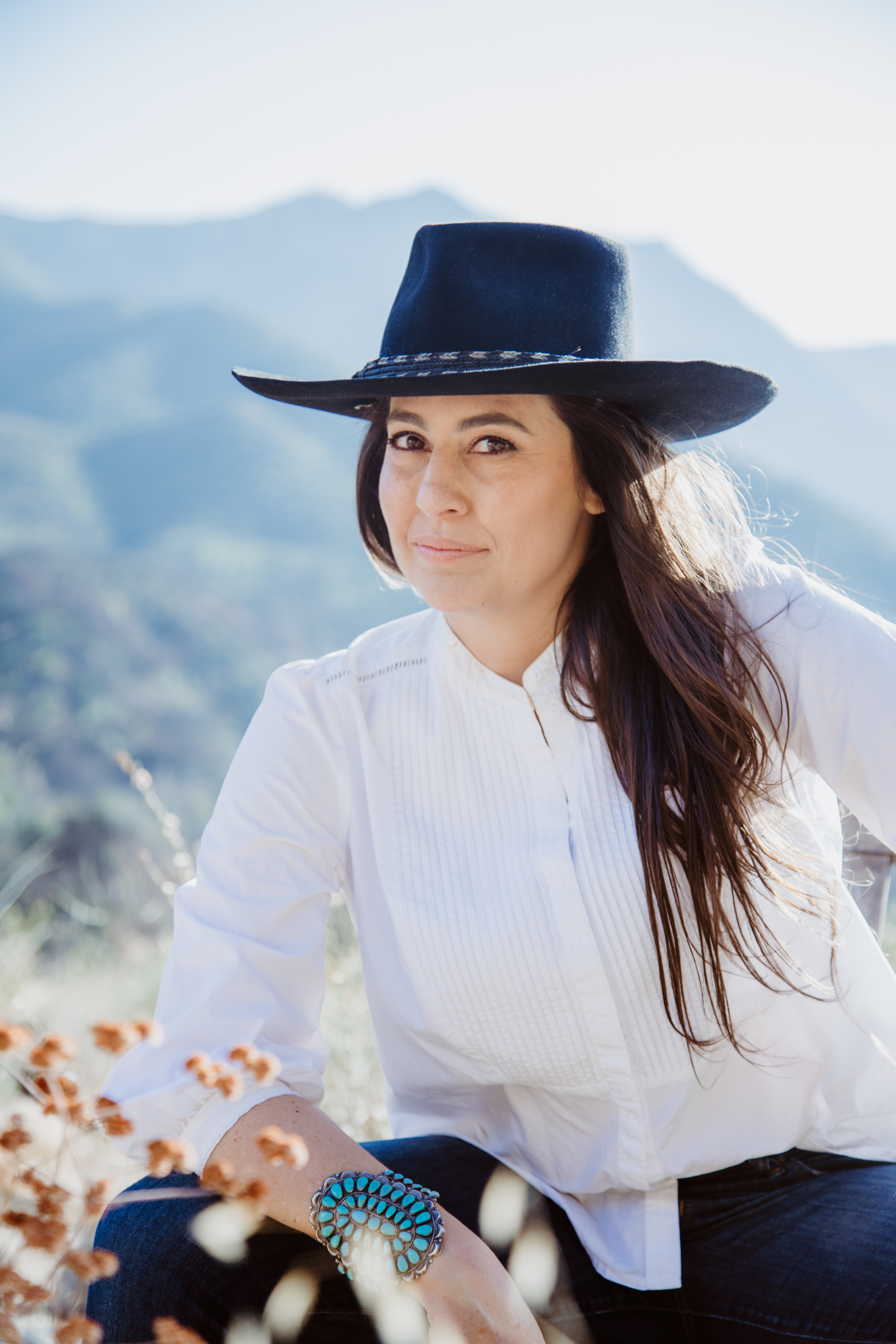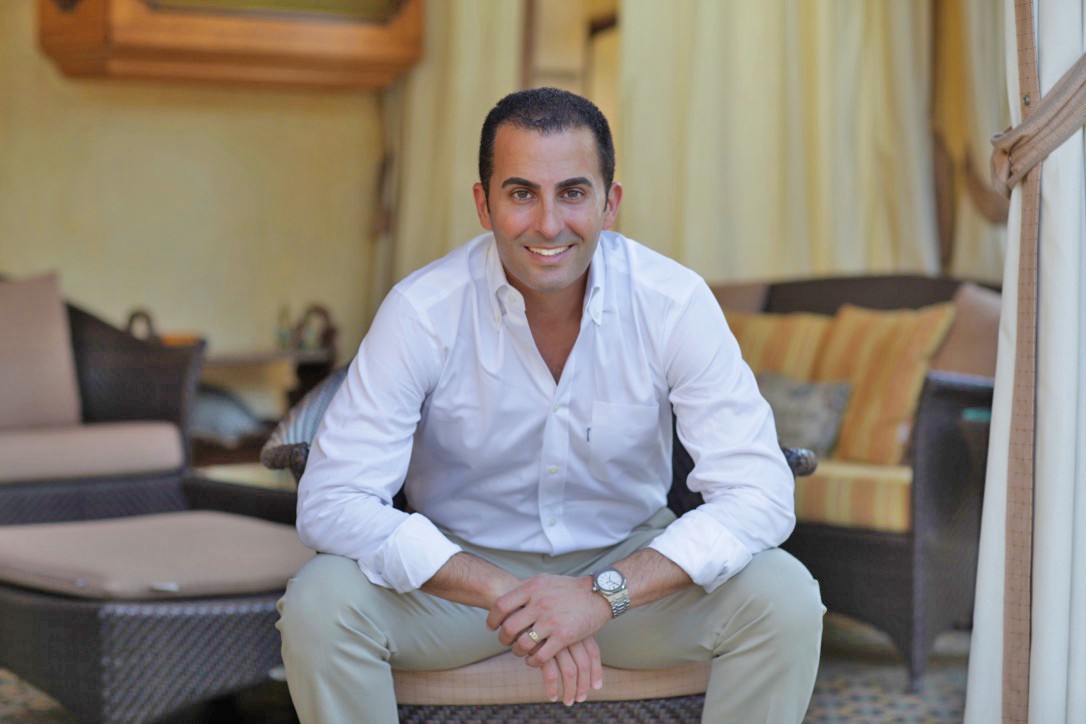Giving a patient a hug can go a long way. I usually get a much, much bigger hug back and I’ve heard from my patients on many occasions things like, “Thank you I needed that.” In the field of infertility, the patients are usually so emotionally drained by the ups and downs that sometimes they just need to know that you’re there for them and support them.
I had the pleasure of interviewing fertility specialist, Dr. Shahin Ghadir, a board-certified obstetrician-gynecologist and assistant clinical professor in the department of Obstetrics and Gynecology at UCLA and Keck School of Medicine at USC
-Thank you so much for joining us! Can you tell us a story about what brought you to this specific career path?
As an OB-GYN resident I realized that just delivering babies was not enough for me. I thought that helping people at a different level and allowing them to have their own families would be much more rewarding and technically challenging. All of these assumptions were correct and now I have the most rewarding profession in the world.
– Can you share the most interesting story that happened to you since you started your career?
One of the most interesting stories I can share was when a 32 year old patient of mine that was unable to have her own baby due to extremely poor egg quality. She used an egg donor and her husband’s sperm and carried 3 successful pregnancies. A year later, when my wife was expecting our 4thchild, she called me and told me she had spontaneously gotten pregnant and both of our babies were born within a couple days of each other. She was able to have the biological baby she had always dreamed of.
– Are you working on any new or exciting projects now?
Yes, I am. Helping same sex male couples make their families complete has been an extremely rewarding aspect of my career. We have started marketing in countries where surrogacy and egg donation are not allowed and we are currently helping gay couples have children.
– What advice would you give to other doctors to help their patients to thrive?
Being a good doctor does not only entail knowing the correct science and examination to perform. Equally involved is the mental component of being present and available to your patients. This involves truly caring and putting your heart into all of your patients.

– None of us are able to achieve success without some help along the way. Is there a particular person who you are grateful towards who helped get you to where you are? Can you share a story about that?
Applying for an infertility fellowship training program in the United States is extremely difficult and in 2003, when I applied to UCLA, I was lucky enough to do a rotation with Dr. Alan DeCherney. He is also known as the “grandfather of infertility” in the U.S. and he saw potential in me and accepted me as the only fellow for the upcoming year for the combined UCLA and Cedars Sinai infertility fellowship. It was not until the following year, when I was on the admissions committee myself, when I realized there were almost one thousand applicants for the one spot that I was accepted to.
– Is there a particular book that made an impact on you? Can you share a story?
Yes, The Girl from the Garden by Parnaz Foroutan. The author is actually my second cousin as the book was written based on my great, great grandmother about their life in a small village in Iran. This book about my heritage and my family taught me what a gift knowing where you come from is and what many things are achievable with good people in your life.
– How have you used your success to bring goodness to the world?
I have been very blessed with a career that changes peoples’ lives by allowing them to have the families they’ve always dreamed of.
– What are your “5 Things I Wish Someone Told Me Before I Started” and why. (Please share a story or example for each.)
1. Being a great doctor involves more than scientific knowledge. Knowing how to be caring and thoughtful and treating someone from your heart is a lesson I learned early in my career. I remember being very excited to see a celebrity patient who unfortunately was much older than I had anticipated. Her blood test showed that she had minimal eggs remaining. When I laid out the laboratory results and what they meant in a scientific way, she broke down and started to cry and after that I never saw her again. I quickly learned that no matter what a test results shows, patients deserve to be treated with sympathy and caring from a physician and not as scientific guinea pigs.
2. In medical school no one ever teaches you how to run a practice and at times this can be by far more challenging than treating a medical issue. Learning how to deal with co-workers, other doctors and your staff is a crucial part of running a successful medical practice. I realized over the years, thanking your nurses and letting all of your staff know how grateful you are for their team work and overall hard work can get you very far.
3. During medical school, the challenges and amount of studying are unbelievable. Within my first months of medical school, I decided that I was gonna time myself every day on how much studying I did, in order to be efficient. After 4 years of medical school, I added up my times and realized that I had studied for over 5000 hours!
4. Giving a patient a hug can go a long way. I usually get a much, much bigger hug back and I’ve heard from my patients on many occasions things like, “Thank you I needed that.” In the field of infertility, the patients are usually so emotionally drained by the ups and downs that sometimes they just need to know that you’re there for them and support them.
5. Learning how to balance your private life and your medical career can at times be very challenging and no one ever tells you about that before entering medical school. Having a wife and 4 children and a busy medical practice has taught me so much about balancing my life in order to be a good husband, father and physician. I try to be present mentally and that goes a long way when you have children.
– Can you please give us your favorite “Life Lesson Quote”? Do you have a story about how that was relevant to your life?
“Should have, could have, would have, never gets you anywhere in this world.” One thing that has allowed me to succeed in my life is persistence and when I set my mind to doing something, I do it. This has allowed for a successful career and family life.

– Is there a person in the world, or in the US whom you would love to have a private breakfast or lunch with, and why?
I would love to meet with someone brilliant like Elon Musk. I feel that he is so ahead of his times while also being a good person at heart.
Originally published at medium.com


